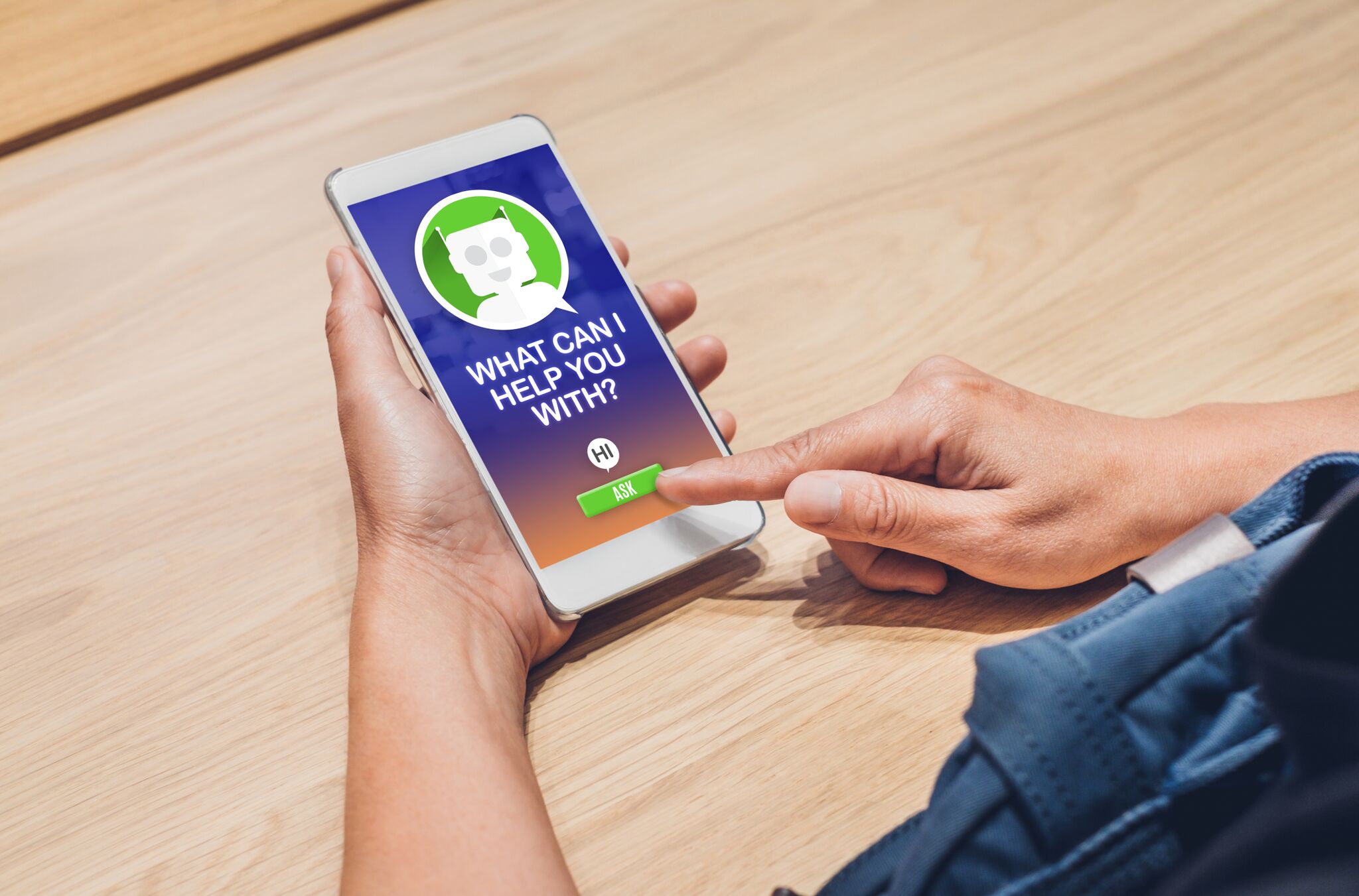
Can AI be used to recognized potential depression sufferers?
That’s the question researchers have been digging into, lately, and that result thus far from a team at Carnegie Mellon University in Pittsburgh and the University of Southern California has been a list of more than a dozen behavioral biomarkers for conditions like depression, post-traumatic stress disorder, schizophrenia and suicide.
As Sumathai Reddy recently explained at the Wall Street Journal, “(d)epressed patients don’t enunciate vowels as much as people who aren’t depressed. Their smiles are smaller. Suicidal individuals who speak in a breathy voice rather than a tense tone are more likely to re-attempt suicide. And patients with psychotic disorders, such as one form of schizophrenia, raise their eyebrows often when averting their gaze.”
Researchers, including Louis-Philippe Morency, an associate professor of computer science at Carnegie Mellon, have been able to use technology to “measure shifts not always discernible to the eye or ear, such as slight movements of facial muscles as well as subtle changes in tone and language.”
“We built a dictionary of these behavior markers for different mental health disorders,” Morency told the Wall Street Journal. “The technology gives you a summary of these behavior markers and we can use it as part of a treatment to see how that person is behaving today compared to a month ago.”
Meanwhile, other researchers at Columbia and the University of Pittsburgh are in the midst of a clinical trial that’s testing whether smartphones can detect some of those biomarkers in adolescents.
Between 200 and 300 teens are expected to take part in the six-month trial.
When taught to recognize telltale markers, the smartphones might be able to provide some objective data to contribute to patients’ ultimate diagnoses. The tech is meant to act as a supplementary tool to a traditional doctor’s assessment.
“This doesn’t mean if you suddenly have a breathy voice, you are suicidal,” Morency said. “This is one sign that the doctor should be able to use as they are doing their assessment.”
Needless to say, despite the promise, questions about privacy, cost and implementation arise when AI moves from the lab to the marketplace. Given the importance of privacy, Dr. Morency said, a large part of the study is about discovering non-identifiable behavior markers from phone data. The Columbia trial will gather information from the smartphones, including selfies and voice recordings. Researchers will collect words the teenagers use on social-media sites and in texts or emails as well as information tracking their whereabouts.
The goal is to come up with markers that can be objectively measured like a vital sign.


